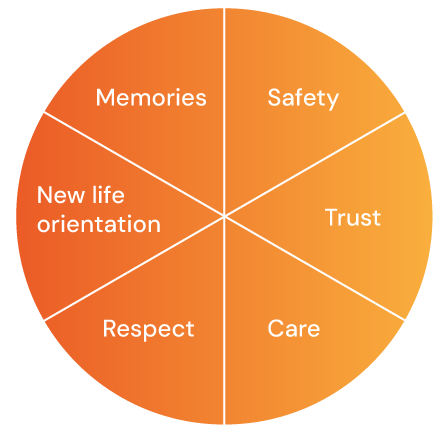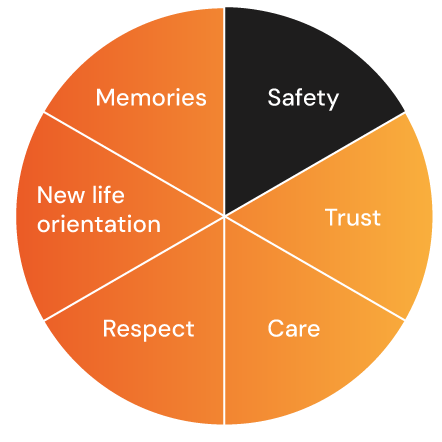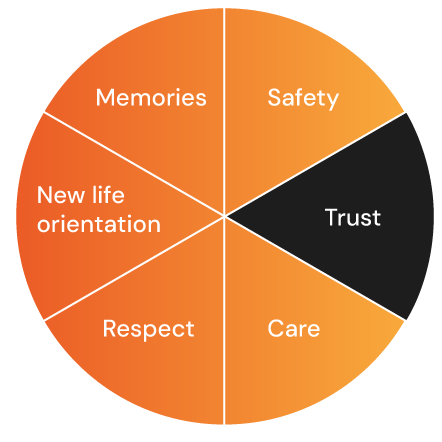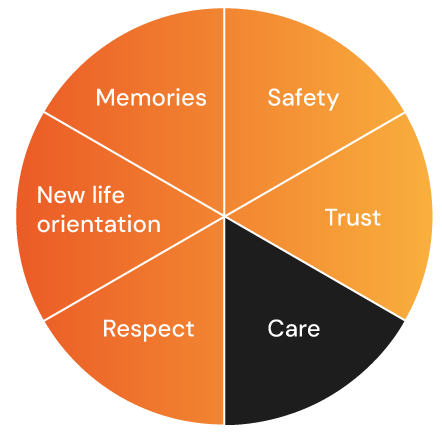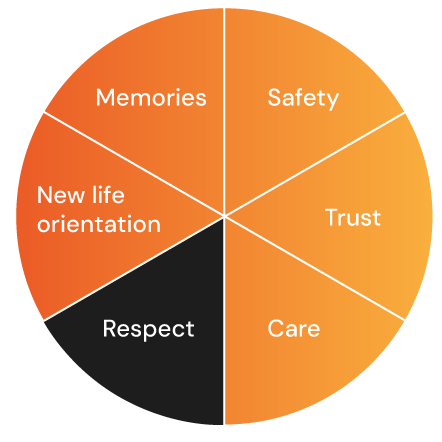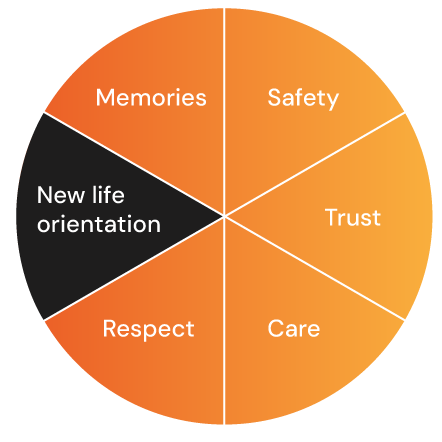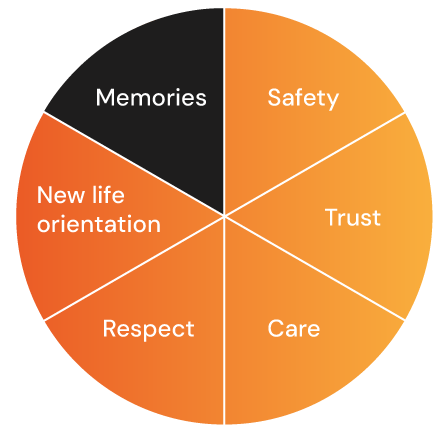Community-Based Sociotherapy
The history of CBS
Origin of CBS
In the aftermath of the 1994 genocide in Rwanda, the population was profoundly affected by traumatic events, leading to widespread trauma, depression, mistrust, fear, and anger. At that time, there were very few trained professionals, such as psychologists and social workers, available to provide the necessary psychosocial care.
In 2005, community-based sociotherapy was developed in collaboration with Bishop Emmanuel Ngendahayo of Anglican Church in Byumba, the Dutch sociotherapist Dr. Cora Dekker and medical anthropologist Prof. Annemiek Richters. This approach was inspired by the therapeutic community method used in UK military hospitals after World War II to treat soldiers with psychological issues. In the Netherlands, the therapeutic community model was adapted into sociotherapy in the 1970s and implemented in psychiatric hospitals. It was particularly adapted in two psychiatric facilities to support traumatised refugees from conflict-affected countries worldwide.
The idea of offering sociotherapy to people in post-conflict countries originated from these facilities. Refugees who received sociotherapy often expressed a wish that their communities back home had access to such methods before conflicts escalated into violence. In Rwanda, the Anglican Church in Byumba and Dutch professionals adapted sociotherapy into a community-based approach to address post-genocide trauma. Local knowledge was incorporated into training community members to facilitate sociotherapy group sessions. Over the years, the approach has evolved by reviewing best practices and utilising research findings from CBS programs in Liberia, DR Congo, Ethiopia, Uganda, and South Sudan.
CBS principles
CBS is based on
7 principles
As the groups move through the development phases, the sociotherapy principles are applied to each and every phase. The principles are fundamental guiding concepts for structuring the sociotherapy groups.
Equality
Participants in the sociotherapy groups are treated as equals. Despite any formal or informal roles or status in daily life, the members in the group will be treated as equals, including the sociotherapy facilitators.
Democracy
Democracy in the context of sociotherapy means participation in open communication. Group decisions are reached in a transparent way and as a rule become the decision of the group.
Participation
Participation means involvement, joining in and taking part. Participation refers to verbal and non-verbal communication and may have an active or passive character and is a condition for the democratic principle.
Responsibility
In the context of sociotherapy, participants are taking responsibility for participation in open communication with the aim of creating a pleasant group atmosphere and solving problems together. This is another condition for the democratic principle.
Here and now
This principle refers to the focus of discussions in the group and their sphere of influence. The facilitators methodically manage the corrective influence the participants of the sociotherapy group have.
Learning by doing
Through this principle, the participants learn in practice, in and with the sociotherapy group, how recurring problems in their own social systems can be understood, handled differently and if necessary be reduced.
Inter-est
Inter-est is described as “something that lies between people and therefore can relate and bind them together”. In community-based sociotherapy this means to determine how the space between people is used and what attitude is adopted with respect to the other.

